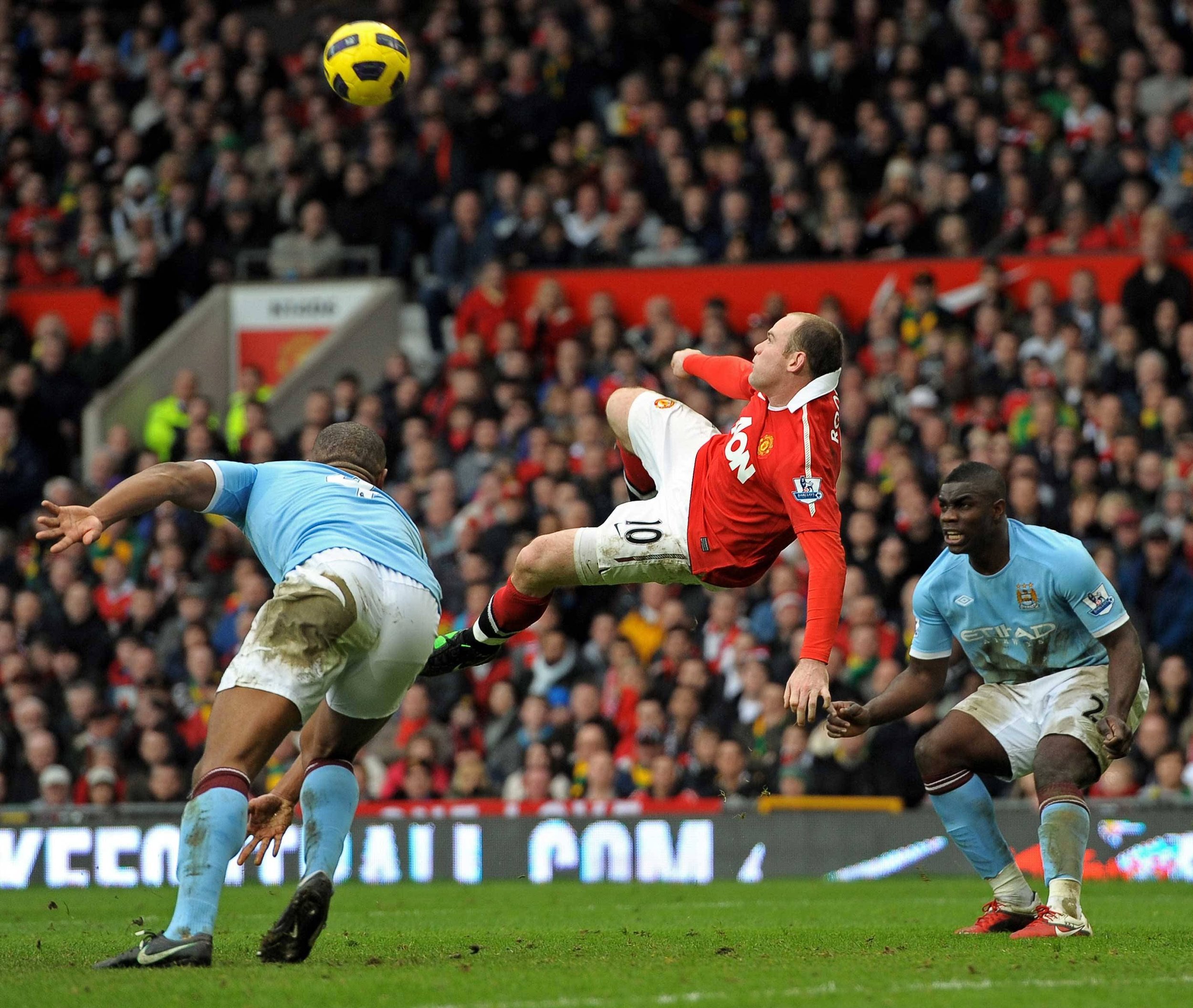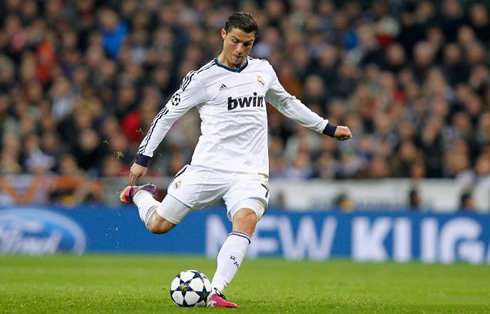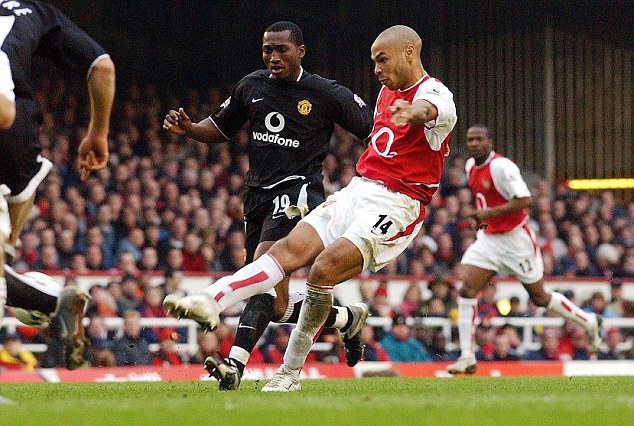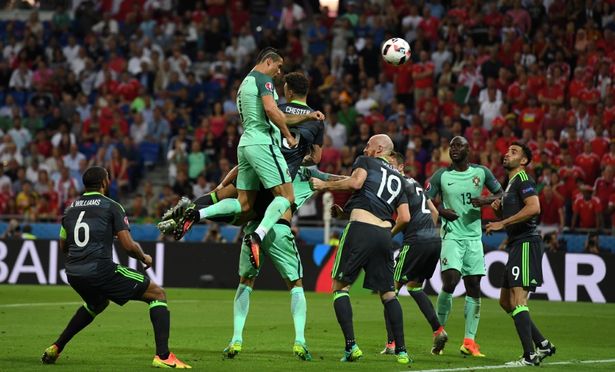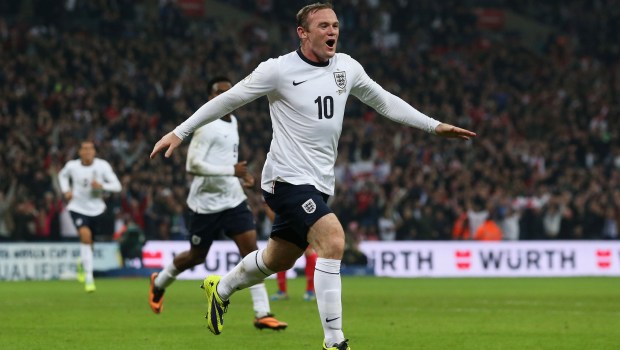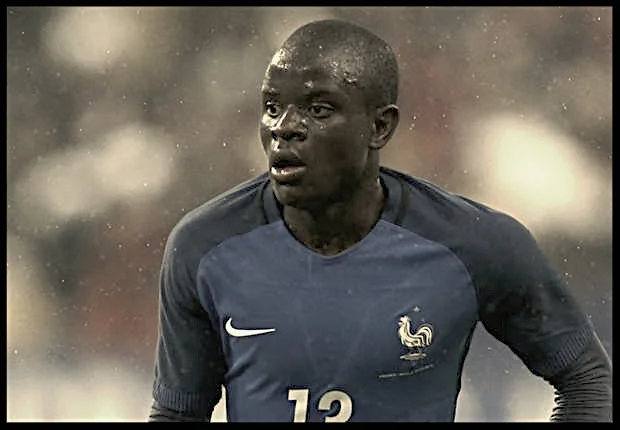A Footballer's Sixth Sense?
Listening to a football match with a commentator who possesses the ability to bring you from your seat at home into a surreal perception of being amongst the crowd can be an enlightening experience. Your neurons begin to fire and your imagination runs wild trying to piece together each tackle, pass, shot, goal and save – even going so far as to permeate yourself into the action. I speak a lot about visualisation for young players and I strongly believe that mastering the technique may be half the battle towards consistently performing at your optimum level.
Watching football is a fantastic spectacle. To see the skills of the players, the elation of victory, agony in defeat and the wonderful atmosphere is truly magical. However, there is the potential that it becomes just a spectacle rather than a learning experience. Visualisation through radio listening, meditation and imagery of previous experiences creates an enhanced subconscious which can be leveraged when competing on the pitch and the methodology should be exploited by young players as a developmental technique. It’s mastery can translate into action and the more adept one is at visualising movements, techniques and successes the better served they will be at translating some of that imagination onto the playing field.
There was a study done by Russian scientists during the 1984 Olympics where they divided athletes into the following four groups and applied the accompanying training methods:
• Group 1: 100% physical training
• Group 2: 75% physical training / 25% mental training
• Group 3: 50% physical training / 50% mental training
• Group 4: 25% physical training / 75% mental training
Remarkably, Group 4 performed the best during the competition due to the fact that they had spent the majority of their preparation time conceptualising the mastery of techniques and ultimately, successes.
I cannot speak with a scientific background in the technique of visualisation nor will I attempt to do so, however I will share the following personal experiences that have increased my motivation to encourage this practice:
Experience 1 – Thierry Henry
I spent five years in Virginia playing NCAA Division 1 football for Liberty University. I had begun my freshman year as a right full-back but was moved to an outside wing-back in my sophomore year. I wasn’t an exceptional goal scorer by any means as my strength was in getting up and down the flank and creating scoring opportunities for others. I wanted to increase my goal scoring statistics therefore I spent hours upon hours watching Thierry Henry. Between 1999 – 2007, Henry scored 174 goals in 254 games for Arsenal Football Club – you could say he was prolific. He was a master at cutting in from the left flank, beating a man at the top of the box and curling a wicked right foot shot to the far post just eluding the goalkeeper’s outstretched left arm to score. After watching his goals I would store them in my memory bank and at the end of the day I would take the imagery into my dreams. Laying on my bed staring at the ceiling of dorm room 103, I would fall asleep to the constant rewind of Henry’s goals within my mind. One evening during a match played versus Longwood University in the lashing rain, my self-prophecy of imitating Henry came to fruition. I gathered the ball on the right flank and had the confidence to beat 2 players with similar cuts culminating in bending a ball with my left foot (yes, left-foot) to the far post; to my elation the ball rippled the net after nestling in-between the post and the goalkeeper's elongated arm.
Experience 2 – Repetitive Mastery
Throughout my career, I would play a game and relive it in my mind over and over. As 90 minutes turned into 180 and 180 into 270, I would begin to alter my recollection of the match. The mistakes I had made on the pitch would be corrected and the successes enhanced until I had revised the entire 90 minutes into a match so perfect that it could be compared with such masterpieces as Vincent Van Gogh’s Starry Night. My repetitive mental imagery would translate into upgraded craft on the training pitch and improved performance on match-day. Over time, I became a student of the game and my improved performance was cultivated from multiple visualisation techniques rather than only physical training – and the best part was that it was a pleasurable activity. In addition, the ability to enhance my mental footballing capacity helped me continue to improve as I aged rather than decline due to deterioration in physical capability.
Visualisation is a method many elite athletes are beginning to take notice of while some have been incorporating to great profit for years already. For example Lindsey Vonn, one of the most successful skiers in history, uses the power of visualization each and every time she performs a run. She claims to visualize completing the run at least 100 times in her mind before she physically begins to ski. Not only does she imitate each movement in her mind but she progressively begins to shift her body as if she were actually cutting back and forth on the hill.
I recall watching a documentary on Cristiano Ronaldo titled, 'Ronaldo - Tested to the Limit' where scientists perform a number of experiments to test the extent of his physical and mental performance. One of the experiments is for a member of staff to cross a ball into the 18-yard box where Ronaldo is waiting to finish - only that he must attempt to score in the dark.
'Ronaldo - Tested to the Limit' - I highly recommend you watch the full video on youtube
It's truly phenomenal how Ronaldo can judge the path of the ball and find the exact part of his body to score with. I believe that his unbelievable accuracy in such a daunting request can be attributed to the hours of practice combined with repetitive visualisation of every football task which he performs. The combination of these actions has increased his confidence to perform any assignment to perfection.
The above techniques should be encouraged to all footballers in addition to radio listening. It is not one approach or another that will enhance the ability to visualise but rather a combination of attempting multiple methods. Every so often, listen to a game on the radio rather than watching one on television and let your imagination run wild. Feign as if you are playing in the game and begin to dream, for dreaming is the precursor to realising your elaborate aspirations.
Trying to acclimatize different minds into similar mindsets is like comparing apples to oranges therefore the journey in visualisation will differ between peers. However, becoming adept in at least one of the many techniques of visualization will surely add to a player’s repertoire and increase their performance level on the pitch.
“Part of my preparation is I go and ask the kit man what colour we’re wearing – if it’s red top, white shorts, white socks or black socks. Then I lie in bed the night before the game and visualise myself scoring goals or doing well. You’re trying to put yourself in that moment and trying to prepare yourself, to have a ‘memory’ before the game. I don’t know if you’d call it visualising or dreaming, but I’ve always done it, my whole life.
When I was younger, I used to visualise myself scoring wonder goals, stuff like that. From 30 yards out, dribbling through teams. You used to visualise yourself doing all that, and when you’re playing professionally, you realise it’s important for your preparation.”
